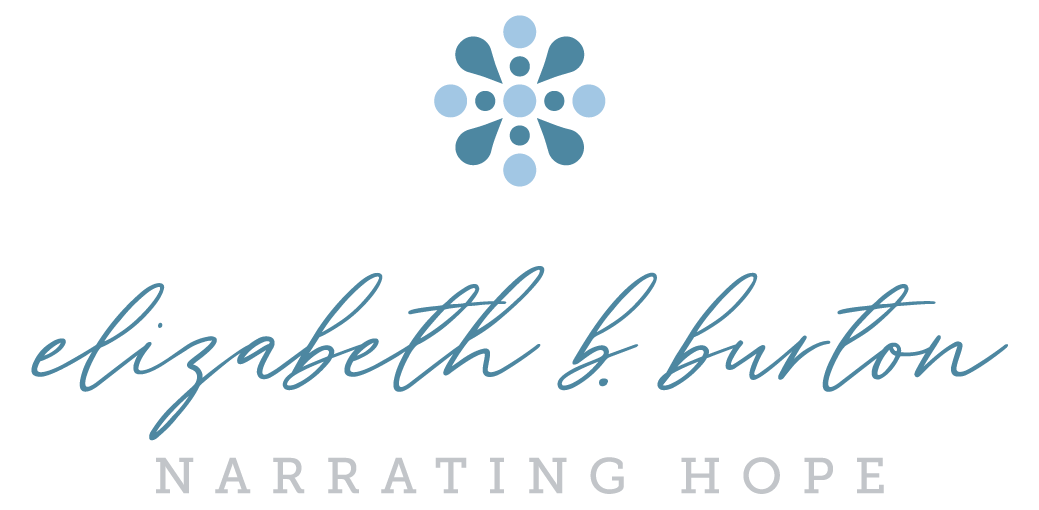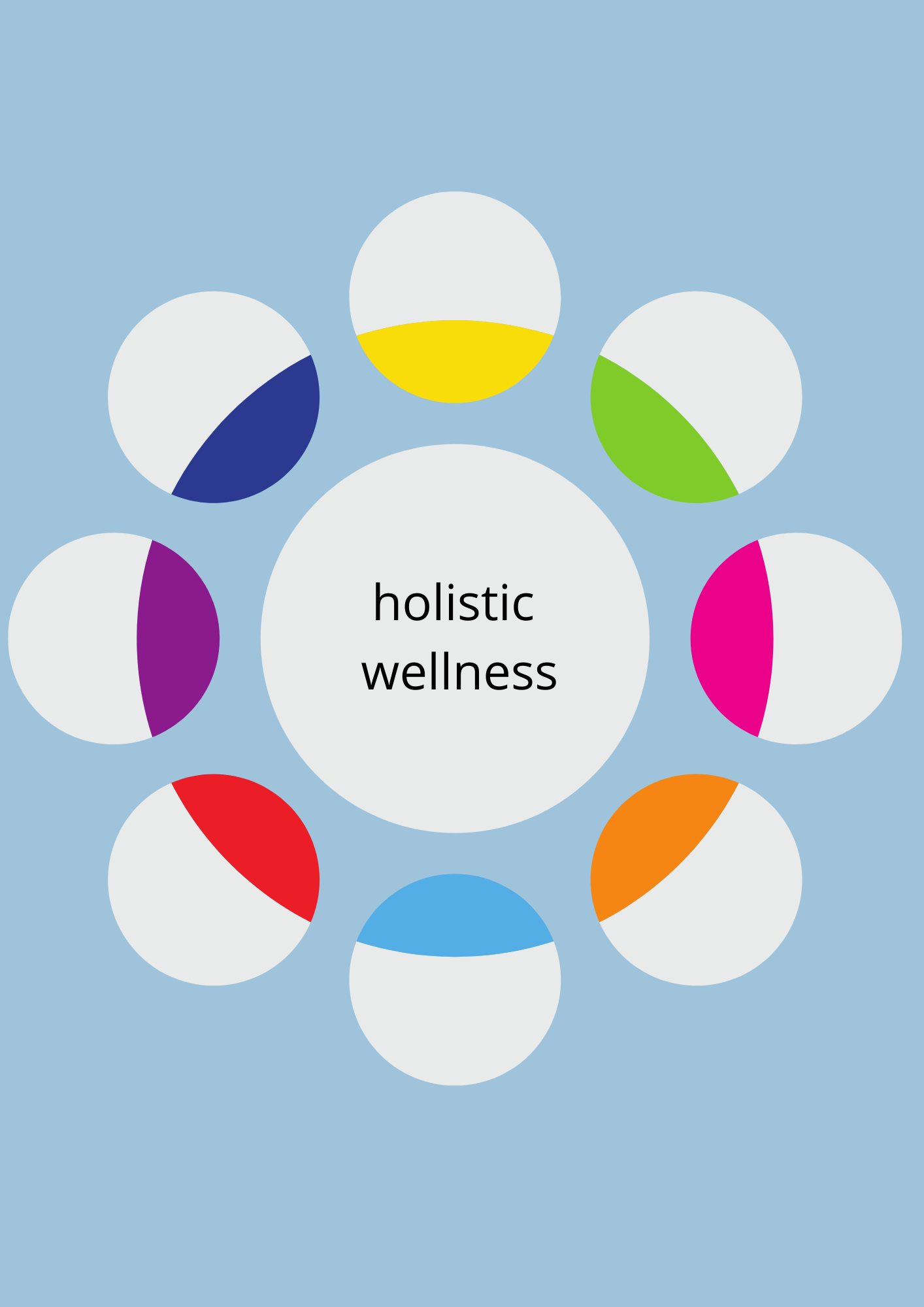Holistic Wellness: A Closer Look at what it means to care for ourselves holistically
Holistic wellness is about the whole person. Just as our bodies are comprised of various systems and limbs, and we function best when our whole body is accepted, nurtured, and well, so it is with holistic wellness. We are complex human beings, and by acknowledging and caring for the whole, we are more likely to experience growth as a whole person.
By tuning into our whole selves, there are opportunities to grow and thrive especially as each aspect of ourselves is interconnected. In this way, by caring for our bodies better, we can expect that there is great fruit in other aspects of ourselves such as our thoughts and emotions. Similarly, by nurturing that soul/spiritual aspect of ourselves, we are likely to see and feel the benefits physically and emotionally.
In this way, there is a kind of a compounding interest dynamic going on with caring for ourselves. Small investments in one area of wellness, may reap larger gains. We need to elevate the small instead of dismissing the small as meaningless. This leads into the dynamics of habits and how much small habits make up our lives.
In reflecting more on holistic wellness, I love first considering the broader aspects of a self.
Soul–The spiritual part of us that is rooted and grounded in something bigger than us. This anchors us as we walk through life and its various challenges, wounds, and losses giving us meaning and hope.
Thoughts–The cognitive part of us that narrates our inner world. All kinds of thoughts enter our minds, yet we get to choose what we focus on, what we ultimately believe to be true, and in this way we get to garner some control over what we do with our thoughts. In this way, we always have this opportunity to ask ourselves if what we are thinking is rational? What proof do we have? Or are we writing a script in our own heads and believing it to be true?
Emotions–We are feeling people. Even those of us who do not especially identify with a strong feeling center (think Enneagram here or other personality measurements), we still ultimately as human beings are created to feel. While our ability to experience various emotions is vast, we may find ourselves having some “go to” emotions that we find ourselves often feeling. Feelings are powerful, and while we feel what we feel, we can influence our emotions by choices we make in our lives.
Bodies–Many of us are not especially in tune with our bodies, yet attunement to basic physical care such as food, drink, movement, and sleep actually matters greatly in how we feel in our bodies. Medication plays a role here in sometimes being needed to help us function as our whole selves. Body image also comes to play here as we have this opportunity to accept our bodies and recognize them as gifts or to treat our bodies more harshly and critically. In this way, consider how your body is worthy of acceptance and nurturing. If you view your body through this lens, how might it influence how you care for your body?
I also love to think about holistic wellness by looking at four other aspects that contribute greatly to our well-being. While sometimes these four dimensions noted above can seem a bit lofty and less tangible, it’s great to broaden the lens of what it might look like to care for ourselves by moving into these other realms.
Relationships-It seems that everything in life comes back to relationships. Research abounds on the benefits of social connectedness and of belonging. It seems that our greatest joy lies often in relationships as well as our greatest wounds. Consider how you feel in terms of your relationships. Do you long for more connection? If so, how can you nurture and make time and space for various relationships in your lives? This can be a challenge when there are so many responsibilities to tend to, but keep in mind that nurturing relationships through connecting with other people may just be one of the best ways to care for your own well-being and encourage others.
Setting-Often when we think about our setting, we think about home, yet it can be helpful to widen the interpretation of setting to just consider wherever you find yourself to be. If you spend a lot of time at work, consider also your office or work setting. Our setting matters greatly in terms of how we feel overall. Do you feel safe in your setting? Are you comfortable? What is calming to you about your setting? How can you influence your setting to be more what you want and need it to be? Hint–it may be in the small things that you find opportunities to influence your setting for good.
Finances-Our finances are something that we may or may not typically consider as part of our own wellness, yet finances do impact our well-being. This is less about wealth, but moreso about your needs being met and what kind of stress you might be experiencing in regards to your financial well-being. If you are in a place where you can relate to finances being a significant source of stress, consider what you might need to take care of yourself financially. For some this may mean reducing job hours or changing jobs to have room for other priorities in their lives, and for others this may mean problem-solving creatively about ways to generate extra income to care for yourself and your family.
Vocation-Vocation may be about your career, yet again there is value in thinking more broadly about vocation. Whether you are at work full-time or at home full-time or part-time in both places, consider what kind of meaning and purpose you have. Is what you are doing with your time fulfilling and meaningful to you? If you find yourself longing for more, then what would be meaningful for you? This is not always about paid work, but can look like volunteering and serving in other capacities. Remember that living in a way that is congruent and consistent with your values and what you find meaningful is the goal rather than worrying about what others deem meaningful.
If this post on holistic wellness resonates with you, consider checking out my course on Coping with Anxiety & Stress as one module focuses on holistic wellness and includes a pdf with reflective questions on nurturing these aspects of wellness. You can learn more about this course here.
Elizabeth B. Burton is a licensed professional counselor and life coach with Burton Counseling, PLLC. Elizabeth lives just outside of Chattanooga, TN.; you can learn about Elizabeth here and about services provided here. Elizabeth also provides support to individuals and groups through an online course on Coping with Anxiety & Stress and through providing workshops and speaking opportunities. Elizabeth communicates about mental health and well-being through both the Narrating Hope newsletter and podcast as well as through her writing. Elizabeth would love to connect with you and welcomes you to sign up for the newsletter, listen in to the podcast, reach out about working together, and connect on social media.

